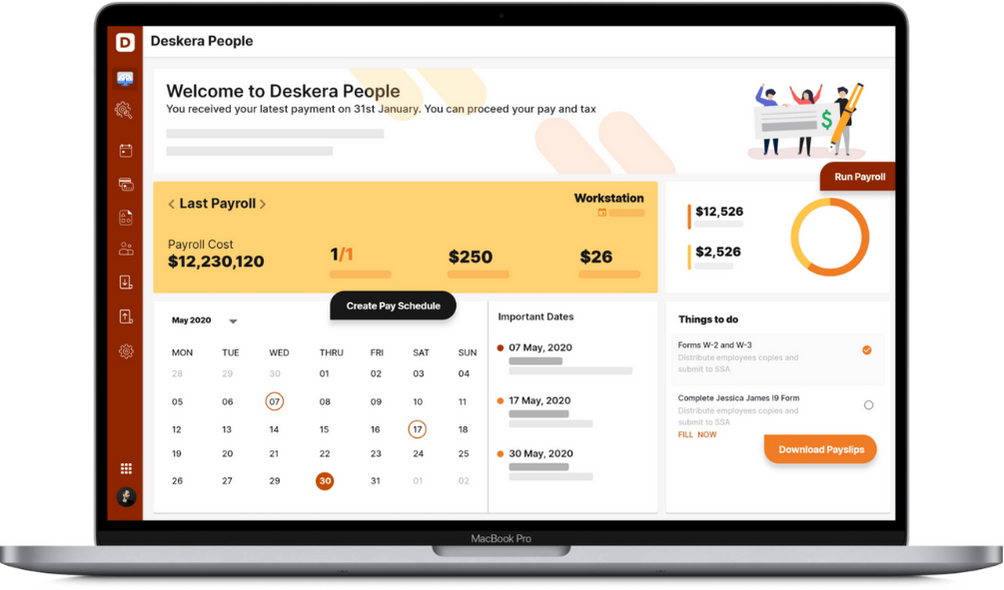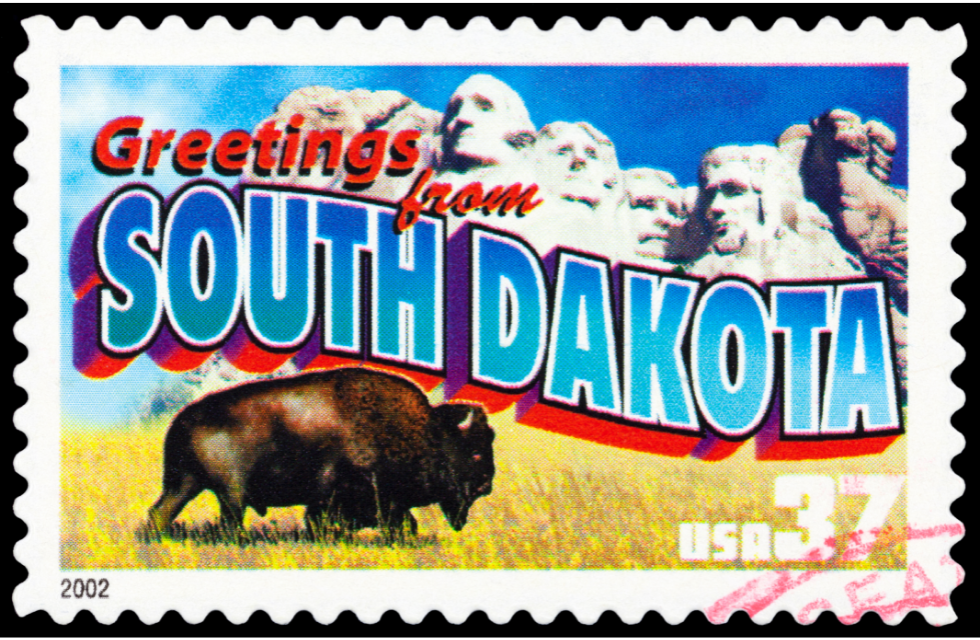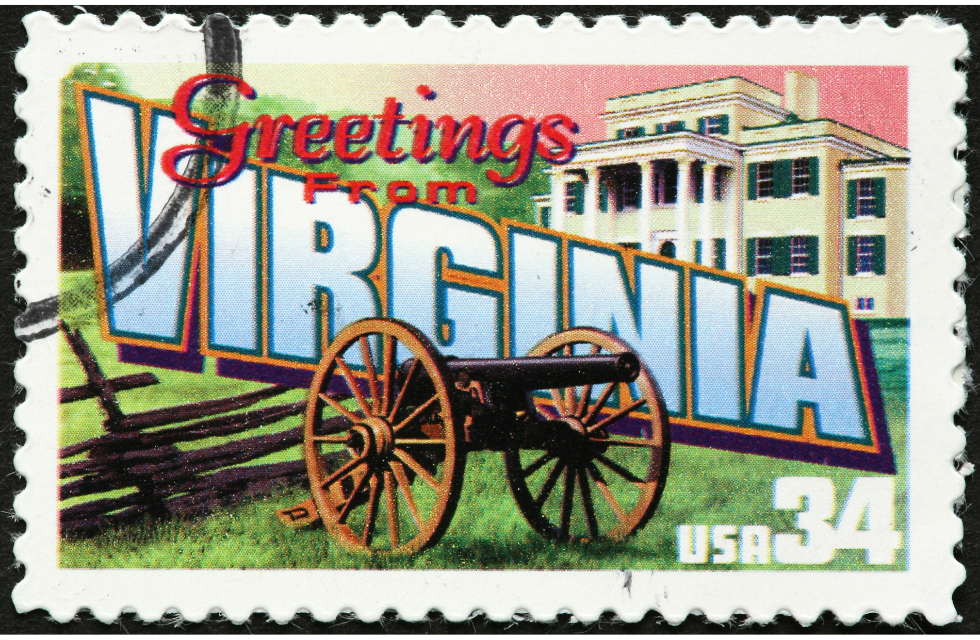When small company owners envision their firms expanding, becoming more lucrative, and requiring the assistance of more workers, they often envision all of the fantastic things that will occur due to that expansion. Building a corporate culture, boosting earnings, and getting new clients are all wonderful aspects of being an entrepreneur.
However, payroll taxes aren't one of the most thrilling aspects.
Indeed, knowing payroll taxes and then establishing an efficient payroll tax administration process is one of the tiresome aspects of employing your first worker.
Despite Washington not having state taxes, it still has a slew of payroll laws. For example, you would need to add a specific authorization to your company's file to hire minors.
The minimum wage is higher than in other states, and Seattle and SeaTac have their regulations governing the minimum wage. As a result, the most strenuous aspect of payroll is onboarding. However, it's simple to finish once you've set up your employee to follow the laws and guidelines.
So, if you're searching for a short and easy-to-understand introduction to payroll, you've come to the right spot.
Table of Content
- Washington Payroll Laws, Taxes & Regulations
- Washington State Taxes
- Unemployment Insurance
- Workers' Compensation Insurance
- Minimum Wage Laws in Washington State
- Step-by-Step Guide to Running Payroll taxes in Washington
- Step-1: Establish your company as an employer
- Step-2: File a business registration with the state of Washington
- Step-3: Design your payroll procedure
- Step-4: Have staff complete the necessary forms
- Step-5: Go over timesheets and approve them
- Step-6: Determine the employee's gross compensation and taxes
- Step-7: Pay employee salaries, benefits, and taxes
- Step-8: Make a backup of your payroll records
- Step-9: Submit payroll tax returns to the federal and state governments
- Step-10: Keep track of your payroll information
- Step-11: Finish your year-end payroll reports
- What is the minimum pay frequency in Washington?
- What are the Paycheck Deduction Rules in Washington?
- Bottom Line
- How Can Deskera Assist You?
- Frequently Asked Questions
- What are the regulations surrounding the last paychecks of dismissed employees?
- Do I need to file Form W-4?
- What are the requirements for Washington New Hire Reporting?
- How Can Deskera Assist You?
- Key Takeaways
Let's start!
Washington Payroll Laws, Taxes & Regulations
Payroll management entails more than just paying workers for their time. It also entails calculating Washington payroll taxes and following all the provincial and federal labor rules. Examine Washington's applicable laws below to help you stay in line with payroll requirements.
With a few caveats, most businesses in the United States need to pay FICA taxes. The FICA tax rate for Social Welfare is 6.2 percent, while the Medicare taxation is 1.45 percent. Both the business and the worker will be responsible for these expenditures, contributing 7.65% of the overall Social Security and Medicare payments.
Washington payroll taxes have three elements:
Washington State Taxes
There are no municipal or state income taxes in Washington state. It simplifies things, but remember to account for unemployment benefits and employees' compensation.
Unemployment Insurance
SUTA ranges from 0.2 percent to 6.0 percent, which excludes a social-cost tax rate of no more than 0.5 percent until 2021 and a 0.03 percent employment management tax rate. You have to pay taxes on earnings up to $56,500. The average interest rate is 1.06 percent.
You must file welfare benefits claims for all hourly and salaried staff, including domestic workers who earn more than $1,000 each quarter. The following are generic exemptions, but practically all of them have particular situations.
- Employees who attend school might be exempted on small farms earning less than $20,000 per year.
- Appraisal professionals.
- Stylists, beauticians, and therapists.
- Workers in the yard.
- External salesperson.
- Artists, comedians, and other small-scale performers
- Officers of the corporation.
- Non-citizen aliens.
- Employees from a family.
- Newspaper sellers.
- Services related to travel.
- Churches.
- Work relief and job training.
- Patients at work at a hospital.
- Students who work at the institution in return for monetary support
40 UI tax rates depend on the total cost of all compensation levied to you in the previous four years divided by your deductible payroll for the same time. They then include a social-cost ratio.
Workers' Compensation Insurance
You must purchase employees' compensation via the Department of Labor and Industries. You can buy it when you register your business. This coverage shields you from claims stemming from injuries or diseases. Your rates depend on the risk evaluation, the classification's core rates, and the expertise component. Accordingly, the median employer expense is $1.57 for $100 of payroll coverage.
Minimum Wage Laws in Washington State
The state's minimum wage is $13.61 per hour. Tips and professional fees are not a part of minimum wage. The minimum wage in Seattle is $16.69 and $16.57 in SeaTac.
Washington State Overtime Regulations.
The overtime restrictions in Washington follow the FLSA. All companies are required under the FLSA to pay employees 1.5 times their usual hourly salary for hours worked more than 40 in a workweek. These workers are exempt:
- The majority of agricultural workers.
- Genuine executive, managerial, or specialist employees.
- Outside sales.
- Newspaper distributors or transporters.
- Firefighters and foresters.
- Several types of infant care are available at NGOs.
- Marine employees.
Step-by-Step Guide to Running Payroll taxes in Washington
Here's a quick primer on how to conduct payroll in Washington.
Step-1: Establish your company as an employer
New businesses need to use the federal Electronic Federal Tax Payment System (EFTPS) to get the latest Federal Employer Identification Number (FEIN). To file federal taxes, you must have your FEIN.
Step-2: File a business registration with the state of Washington
When starting a new firm, you must register on the SecureAccess Washington portal. Additionally, any firm that pays workers in Washington needs to enroll with the Washington State Tax Department.
Then, apply for the Employer-Account Management System. You must also open a Workers' Compensation Account. A government accounts representative will approach you to establish your account during business registration.
Step-3: Design your payroll procedure
If your company is new, you must create a payroll process from the ground up. You'll need to establish when and how often you'll pay staff and what payment options you'll provide.
Step-4: Have staff complete the necessary forms
During the recruit induction program, each firm that employs workers in Washington must gather specific forms. Each employee is required to undergo I-9 clearance. New hires must also have a valid W-4 form and the Washington counterpart, Form WV IT-104. In addition, if you provide a direct deposit as a payment method, have workers sign and submit a direct deposit approval letter.
Step-5: Go over timesheets and approve them
You must collect timesheets many days in advance to conduct payroll correctly. Reviewing your nonexempt workers' timesheets allows you to talk with anyone if they have made a mistake.
Step-6: Determine the employee's gross compensation and taxes
We do not suggest calculating Washington payroll taxes by hand. Tax computations can get complicated, and even minor errors can lead to heavy fines. However, you may use payroll software, a calculator, or even Excel to perform basic calculations.
Step-7: Pay employee salaries, benefits, and taxes
Direct transfer is the best method of paying your staff. However, cash and paper cheques are also viable possibilities. If you use a service like Deskera, the firm should work with you to ensure simple, automated, and digital deductions.
Step-8: Make a backup of your payroll records
Keeping business documents for your organization is a wise habit. For example, businesses in Washington need to retain a record of all hours worked and earnings paid to each employee for at least three years, including their name, address, and date of birth.
Step-9: Submit payroll tax returns to the federal and state governments
You must pay all the Washington state taxes to the appropriate state agency on the due date. The due date is quarterly and can be done online at the Washington State Tax Commission website. In addition, you can pay federal taxes online using the EFTPS on a semi-weekly or monthly schedule.
Step-10: Keep track of your payroll information
Excluding the federal four-year requirement for payroll tax documents, Washington State needs you to preserve payroll data for at least three years, same as federal standards. Make sure all records include these details:
- Full name
- Home address
- Occupation
- Birthdate
- The commencement date of employment
- When does an employee's work week begin?
- Daily and weekly working hours.
- Payscale(s)
- Total wages
- Total tips and service charges
- Wage additions or deductions
- Additional documentation is necessary for paid sick leave
You must also keep additional records for employees under the age of 18
Step-11: Finish your year-end payroll reports
Payroll in Washington entails more than merely paying employees regularly. Every year, you must file payroll reports, which contain all W-2 forms and 1099 forms. You must distribute these forms to workers by January 31 of the following year.
What is the minimum pay frequency in Washington?
Unless national law requires a more regular timeline, you must pay workers at least once a month. If you pay monthly, you should pay hourly wages from the first to the 24th of the month at the end of the month. After that, the remaining wages become a part of the following paycheck.
Overtime: If you are unable to compute overtime in time to meet the usual payday, you should set up a second pay period for overtime compensation.
What are the Paycheck Deduction Rules in Washington?
You are not permitted to retain more than 50% of a worker's net earnings. If your federal deductions exceed this limit, you must obey state law.
Payroll taxes, FICA, unemployment compensation, child benefit, union charges, pension contributions, and other withholdings are allowable deductions. However, gratuities and bonuses are susceptible to enforcement action. Convert accommodation, lease, and other perks offered in place of salaries and include them in net earnings.
Bottom Line
While Washington does not levy a state income tax, you must still pay SUTA and workers' compensation insurance. In addition, it has special requirements regarding overtime, UI exclusions, and pay regularity. So make sure you know the standards before you establish your payroll. In addition, you'll need to follow HR regulations, such as necessary break time and sick leave, and peculiarities for specific categories of staff, such as military personnel.
How Can Deskera Assist You?
Deskera People make it simple to handle attendance, leave, payroll, and other processes so that you can focus on growing your business. For example, creating payslips for your employees is now simple since the platform also automates and digitizes HR tasks.
Frequently Asked Questions
What are the regulations surrounding the last paychecks of dismissed employees?
When an employee leaves, resigns or is discharged, Washington law requires that you should pay their final payment no later than the usual payday. To minimize any lawsuits and litigation, we encourage making payments as quickly as possible.
Do I need to file Form W-4?
Washington has no state income tax. So, no state W-4 form.
What are the requirements for Washington New Hire Reporting?
Every company in Washington needs to report new hires and rehires to the SecureAccess Washington portal within 20 days of the employee's first day of work. This information, which must contain the employee's name, address, and Social Security number, is used to enforce child support obligations.
How Can Deskera Assist You?
As a business, you must be diligent with employee leave management. Deskera People allows you to conveniently manage leave, attendance, payroll, and other expenses. Generating payslips for your employees is now easy as the platform also digitizes and automates HR processes.

Key Takeaways
- Despite Washington not having state taxes, it still has a slew of payroll laws.
- Payroll in Washington necessitates the calculation of Washington payroll taxes and adherence to all federal and state employment rules.
- Most employers in the United States need to pay FICA taxes. The current FICA tax rate for Social Security is 6.2 percent, while the Medicare tax rate is 1.45 percent.
- There are three main components of Washington Payroll Taxes:
- Washington State Taxes.
- Unemployment Insurance.
- Workers' Compensation Insurance.
- The state's minimum wage is $13.61 per hour. The minimum wage in Seattle is $16.69, and SeaTac is $16.57.
- The overtime regulations in Washington work on the FLSA, which requires all companies to pay employees 1.5 times their usual hourly salary for hours worked more than 40 in a workweek.
- How to Do Payroll Taxes in Washington:
- Establish your company as an employer.
- File a business registration with the state of Washington.
- Design your payroll procedure.
- Have staff complete the necessary forms.
- Go over timesheets and approve them.
- Determine the employee's gross compensation and taxes.
- Pay employee salaries, benefits, and taxes.
- Make a backup of your payroll records.
- Submit payroll tax returns to the state and federal governments.
- Keep track of your payroll information.
- Finish your year-end payroll reports.
- Unless national law requires a more regular timeline, you must pay workers at least once a month.
- You are not permitted to retain more than 50% of a worker's net earnings
Related Articles











